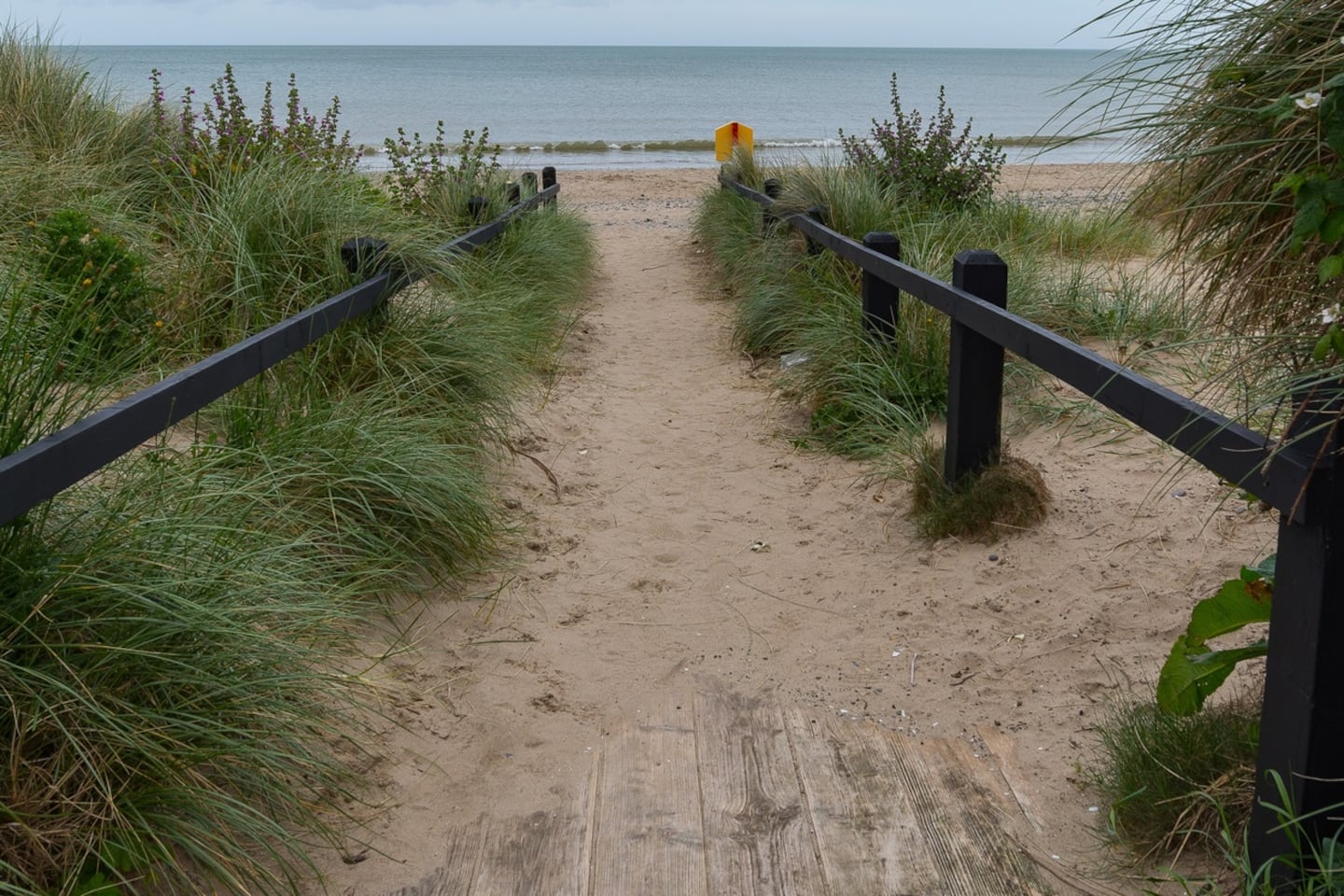Soaring energy and borrowing costs have been blamed for a fall-off in company start-ups, after credit risk analyst CRIFVision-net said there was a 16 per cent year-on-year decline in the number of start-ups recorded for the third quarter of 2022.
Inflationary pressures have added further concern in the start-up sector, with “business owners preparing for what is expected to be a fiscally tough winter”, the business said.
Still, the figures show the number of companies dissolved for the three-month period decreasing by 21 per cent compared to the same period last year.
Although Dublin accounted for the largest number of new start-ups nationwide in the third quarter, recording a total of 4,770 registrations, the number was still a 25 per cent year-on-year contraction, falling by 1,614 registrations when compared with the third quarter.
READ MORE
“The combination of the rising cost of living, soaring energy prices and borrowing costs has created significant economic uncertainty that has resulted in another decrease in start-up registrations in Q3,” Christine Cullen, managing director of CRIFVision-net, said.
“For the third consecutive quarter this year we are seeing a contraction in start-up registrations. September in particular saw the largest drop when compared year-on-year for the quarter,” she said.
“Decreases in bellwether sectors for the Irish economy like real estate, agriculture, manufacturing and construction suggest that this period of cost increases will likely remain a challenge for some time,” she said.
Separately, a survey by financial services group Bibby suggests 87 per cent of SMEs here are confident about business prospects and opportunities over the next 12 months despite the deteriorating economic outlook.
More than half of SMEs surveyed said they expect their turnover to increase over the next year, while 38 per cent say their turnover will stay the same. Just 9 per cent of companies expect a decline in sales. An overwhelming 89 per cent say they are planning to invest in their business over the coming 12 months, with just 11 per cent saying they have no plans to invest.
When asked how much they plan to invest over the next year, the average figure quoted — excluding those with no plans to invest — was approximately €230,000.
“Rather than showing a business population anxious about the challenges they are facing, the result of our survey demonstrates a stoic resilience among the SME community,” Bibby managing director Mark O’Rourke said. “The package of measures announced by the Government to support businesses and households is extremely welcome, and will help address some of the pain points in the short term, but the question now is whether it will it go far enough to ensure the long-term survival of many businesses.”















